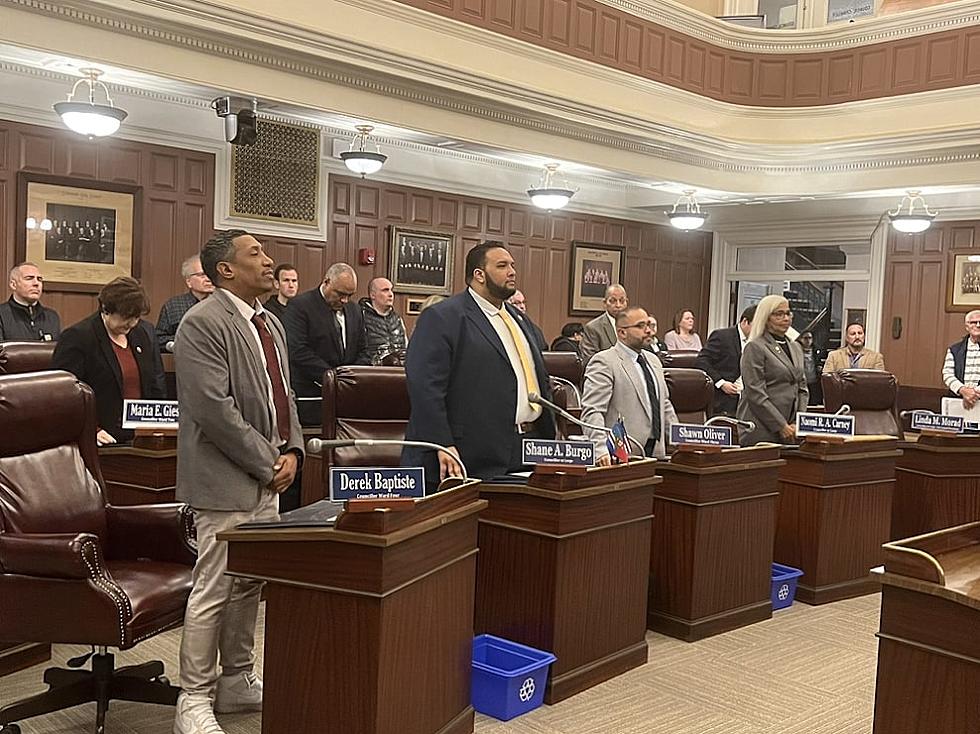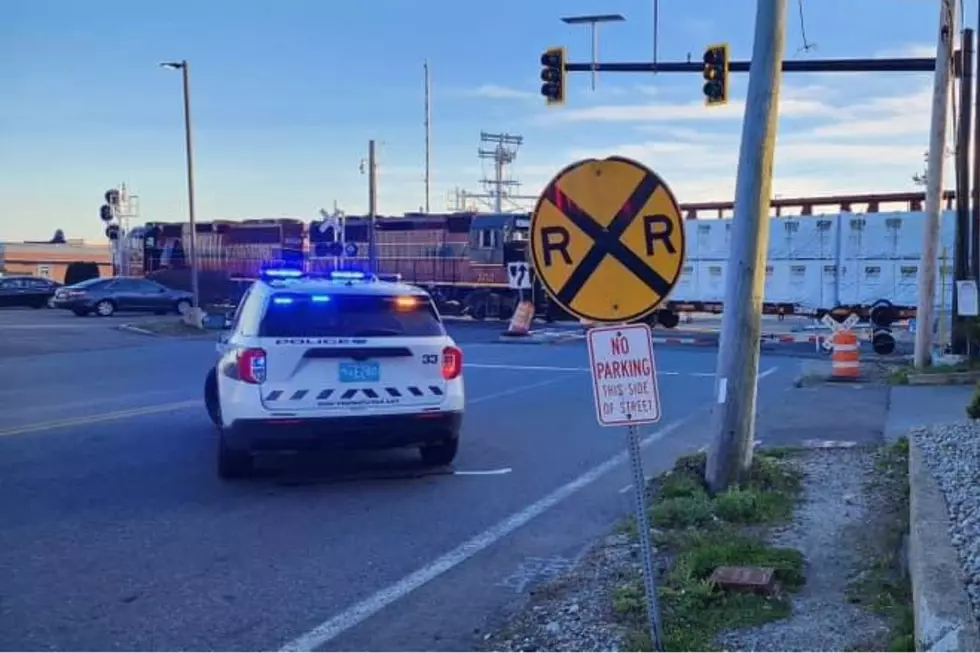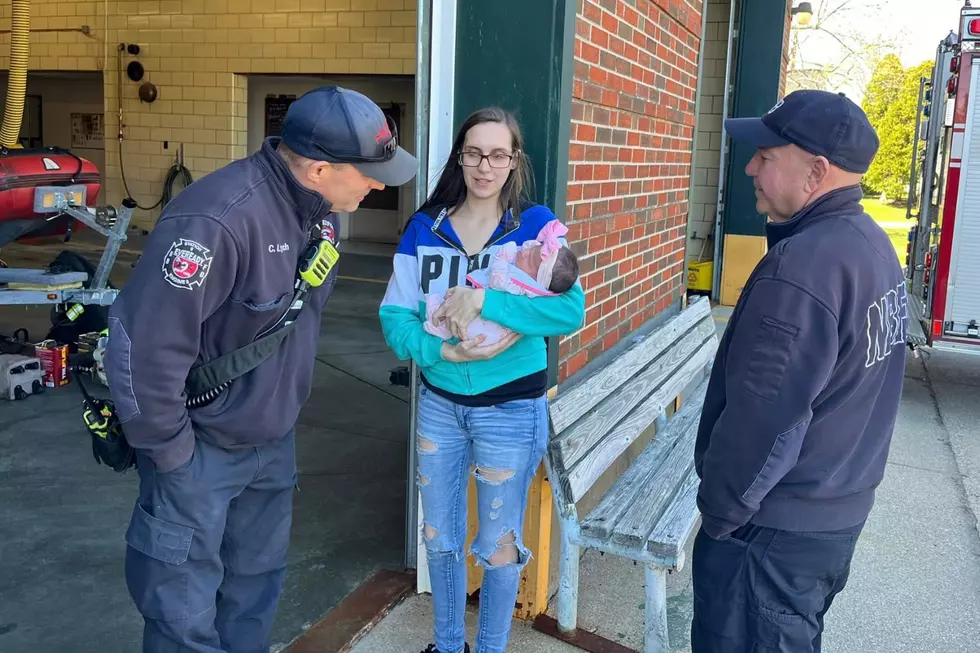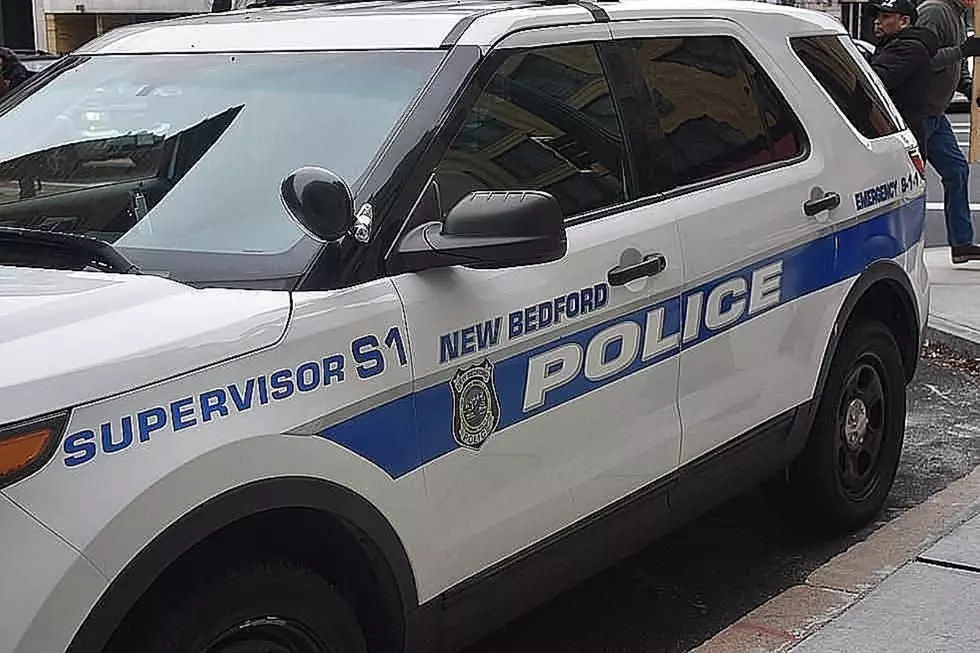
New Bedford City Council OKs Rent Stabilization Ballot Question
NEW BEDFORD (WBSM) — The New Bedford City council voted Thursday to approve a non-binding ballot question on rent stabilization for this year’s election.
Amidst a chamber packed with members of the public, the council voted 9-1 on the measure, which would place the following question on the 2023 municipal election ballot on November 7: “Should the City of New Bedford adopt an ordinance stabilizing rents, to prevent displacement in the local housing rental market?"
Ward 3 Councilor Shawn Oliver was the lone "no" vote on the measure and Councilor at Large Ian Abreu was not present at the meeting due to personal reasons.
It now awaits a final signature from New Bedford Mayor Jon Mitchell.

If approved in November's election, the council will consider studying a plan to enact regulations to limit the rent that a landlord may charge a tenant.
Councilor at Large Shane Burgo, who introduced the measure for a vote, said the ballot question allows voters to decide if the city wants to pursue rent stabilization.
“I believe, for many years now, our residences have been suffering from rising rents and price gouging,” Burgo said. "This is a non-binding resolution. We are just asking what the people of New Bedford want to do.”
A majority of Burgo’s colleagues on the council echoed his assessment of rising rent.
According to Zumper.com, the cost of rent for a one-bedroom apartment in New Bedford is $1,600—a 45 percent increase from last year.
Councilor at Large Brian Gomes said he was not an initial supporter of rent regulations but voted in favor of the resolution after hearing stories from his constituents who have been nearly evicted from their apartments.
“There is nothing to fear because the fear has set in,” Gomes said. “I never thought I would stand here in this chamber supporting rent control because I didn’t support rent control. However, you need to listen to what your constituents want.”
Councilor Oliver expressed skepticism about the ballot initiative. He argued it could cost the city thousands of dollars and could cause landlords to leave New Bedford for adjacent towns.
“I fear this will fast-track rent increases,” Oliver said. “My biggest fear is that I feel it's going to lead to a mass exodus of good landlords.”
Some of Oliver’s colleagues, such as Ward 4 Councilor Derek Baptiste, respectfully disagreed with him.
“This isn’t about good or bad landlords,” Baptiste said. “There are greedy landlords and those who care about people. This high rent is hurting a lot of people.”
In addition to the ballot question measure, the council unanimously voted to approve an order from Mayor Mitchell to allocate $3 million in American Rescue Plan Act funds towards tackling affordable housing and homelessness.
The allocation plan includes $900,000 to develop affordable rental housing, $700,000 for shelter beds for the unhoused, $500,000 for rental assistance programs, and almost $600,000 for community and non-profit support services and housing development initiatives.
Some city councilors said these initiatives and rent stabilization are only parts of a larger solution to address the city’s housing crisis.
Ward 6 Councilor Ryan Pereria said he is not opposed to rent regulations but suggested it is not the only solution to help lower housing costs. Pereria, who voted on both proposals, said the rise in rent is due to a lack of housing stock in the city. He said he wants new housing built in New Bedford and a greater focus on fixing dilapidated housing units.
“I think the best proponent to address housing affordability is to build more units,” Pereria said. “I do think it's important to ask the public where they stand on rent stabilization.”
The council’s approval of the measures comes a day after the Boston City Council approved a rent stabilization proposal from Mayor Michelle Wu.
Additionally, Somerville City Council President Ben Ewen-Campen announced Tuesday on Twitter he is drafting a rent control plan with his colleagues and constituents. Ewen-Campen said the proposal would receive a council vote this fall.
Implementation of any rent control or stabilization policies will need final approval from the State Legislature and Governor Maura Healey.
In 1994, Massachusetts voters banned rent control by a margin of 51.3 to 48.7 percent. A town or city must submit a home rule petition asking the legislature and governor for approval to implement any rent control or stabilization plan.
During her 2022 gubernatorial campaign, Healey said she did not support rent control or stabilization statewide but suggested it was, “up to communities to decide.” In several interviews, Healey said she wants to prioritize building new affordable housing units and implementing the MBTA Communities Zoning law to lower costs.
House and Senate leadership on Beacon Hill, however, have little if any comment about the policy. Senate President Karen Spilka (D-Ashland) and House Speaker Ronald Mariano (D-Quincy) have not expressed public comments on the ordinances from the three cities.
New Bedford Rep. Antonio Cabral told WBSM he supported the ballot initiative, but said rent stabilization alone will not be able to address the lack of affordable housing units in the city.
“Rent stabilization is but one strategy we might have to consider to address the housing crisis,” Cabral said. “We all know the status quo influencing current rental practices is not working for many residents in New Bedford.”
Top News Stories for February
States Ranked by Gun Death Rates
More From WBSM-AM/AM 1420









